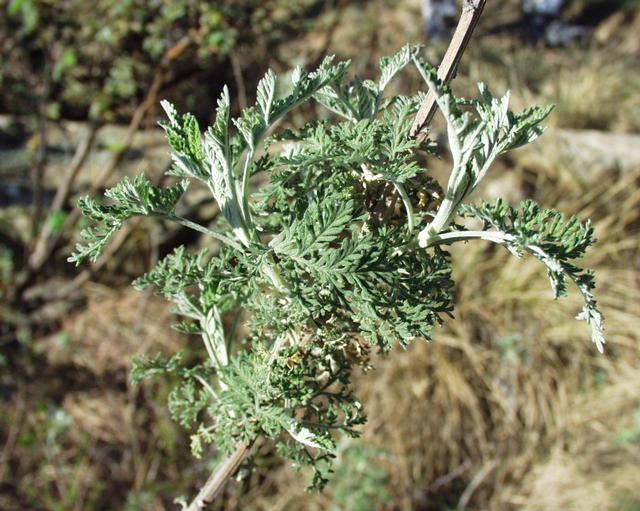
Xavier Argemi first heard the claim that tea made from artemisia herbs could be useful in the treatment of malaria from a TV documentary in 2017.
The documentary, featuring Lucile Cornet-Vernet, the director of the La Maison de l’Artemisia, a non-profit organization that grows artemisia and promotes its use in centers across Africa, focused on the Democratic Republic of the Congo (DRC). The film claimed that for decades major pharmaceutical companies have been profiting from expensive malaria drugs based on artemisinin — the antimalarial for which Tu Youyou won a Nobel Prize in 2015, after distilling it from the Artemisia annua plant — while the tea itself, an ancient Chinese herbal remedy, was just as effective at treating the disease.
His interest piqued, Argemi reached out to Cornet-Vernet, an orthodontist at Paris’ Descartes University. She shared with him the unpublished manuscript of a study — their first large-scale clinical trial — which she said showed that artemisia outperformed a go-to treatment for schistosomiasis, a different parasite-induced disease.
Argemi immediately saw red flags. “I am not a specialist of malaria or schistosomiasis, but when I read the study I was simply totally surprised by the number of inconsistencies at the very first read,” Argemi, of the Clinique Axium in Strasbourg, France, told Retraction Watch by email.
Continue reading A bitter aftertaste: Legal threats, alleged poisoning muddy the waters for a trial of a tea to treat malaria






